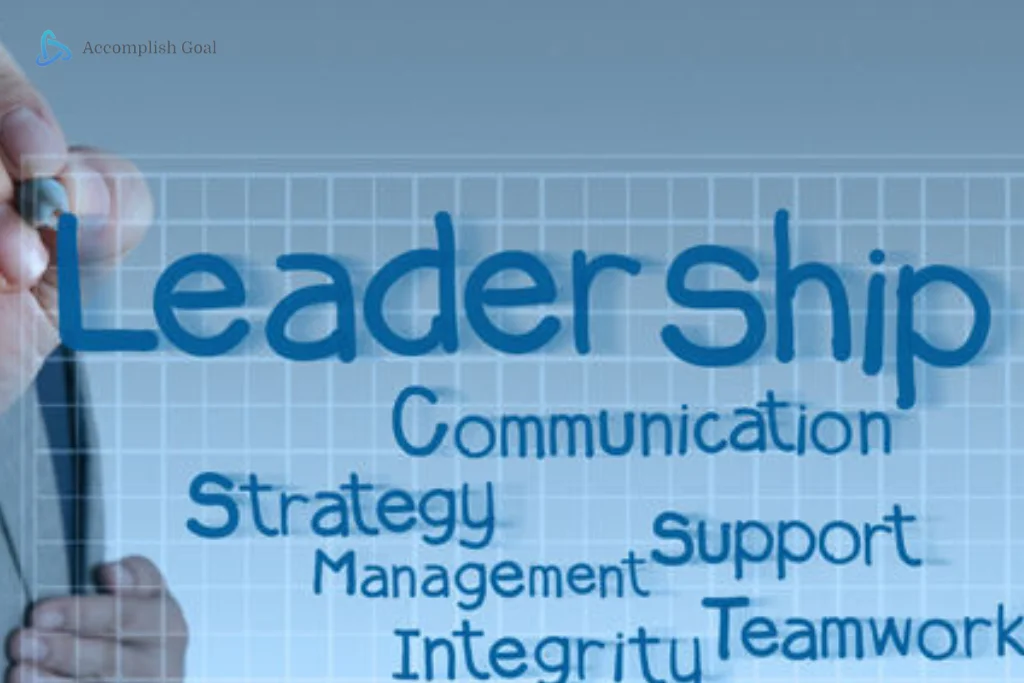Are you tired of making the same mistakes over and over again? Are you looking for ways to make better decisions in life? If so, then this blog post is for you! Here, we’ll provide proven strategies that will help you make effective decisions and elevate your life.
Define Your Goals and Objectives
If you want to make effective decisions that will help you elevate your life, it’s important to start by defining your goals and objectives. Before you can make any decisions, you need to know what you are trying to achieve. Ask yourself questions such as: What do I want to accomplish? What are my long-term goals? What are my short-term objectives? Once you have a clear understanding of your goals and objectives, you can move forward with the other steps to effective decision making.
Gather Relevant Information
Gathering relevant information is an essential part of the decision-making process. Alicia Reece’s new book Driven to Thrive: 10 Proven Strategies to Excel, Expand, and Elevate Your Career and Life provides readers with strategies to effectively analyze the situation and make informed decisions. To ensure that you make the best decision possible, it is important to take the time to gather all of the necessary information. This includes researching the outcomes of similar decisions, consulting experts and influencers, and understanding the potential risks and rewards associated with the decision. With the right information, you can make a more informed choice that will help you elevate your life.
Analyze the Situation
Once you have identified your goals, gathered the relevant information, and made a list of pros and cons, it’s time to analyze the situation. Analyzing the situation involves understanding the potential consequences of the decision and how it may affect other people, organizations, or the environment. You should also identify all the stakeholders involved and how each may be affected by the decision. This can help you understand all the potential outcomes of the decision. Additionally, it is beneficial to consider all the options available to you and evaluate their potential benefits. By analyzing the situation in depth, you can make an informed decision that will be best for everyone involved.
Make a List of Pros and Cons
Making an informed decision requires weighing all the possible outcomes. One of the best ways to do this is to make a list of pros and cons. This exercise is especially useful for decisions that require a significant commitment of time and energy, such as whether or not to take a new job.
Before making a decision, it is important to consider both the positive and negative aspects of each option. Make a list of all the pros and cons for each option and then compare them. This will help you make a more informed decision and will give you clarity on the potential outcomes of each choice.
Consider the potential rewards and risks associated with each option. Are there any potential pitfalls that could arise? Are there any potential opportunities that could come out of the decision? What are the long-term implications? Thinking through all these questions can help you make a more informed decision and can help you avoid costly mistakes.
Finally, consider how your values and principles will be affected by each option. Your values may guide you towards one option or another, even if the list of pros and cons appears to be even. Ultimately, you need to make a decision that aligns with your values and that you can live with.
Making a list of pros and cons can be a helpful tool in making an informed decision. It can give you clarity on the potential outcomes of each choice and can help you make a decision that aligns with your values.
Identify the Potential Outcomes
An important step in effective decision making is to identify the potential outcomes of your decision. This means looking at all possible results that could arise from the decision and assessing which are most likely and which are least likely. To do this, you can use the facts and data you have gathered and analyzed, as well as your intuition and experience. This will help you to understand the potential consequences of your decision and make an informed choice.
Weight the Consequences
Making effective decisions requires careful consideration of the potential consequences. Take the time to weigh the pros and cons of any potential decision and identify all possible outcomes. Consider both short-term and long-term effects, and consider the impact on both yourself and those around you. Think about the potential risks and rewards, and be sure to consider the cost of inaction. By taking the time to weigh the consequences of each decision, you’ll be able to make more informed and effective choices.
Reflect On Your Values
Making a decision is not just about the facts and figures; it’s also about your values and what you believe in. That’s why it’s important to reflect on your values before making a decision. The Adaptation Advantage by Chris O’Brien recommends taking the time to think about the decisions you are making and how they reflect your beliefs and values.
When reflecting on your values, ask yourself questions such as “What do I believe in?”, “What matters most to me?” and “What will make me proud of this decision?”. By considering your responses to these questions, you can ensure that the decisions you are making are in line with what you value most. This is an important step in making effective decisions that will have a positive impact on your life.
Take Action and Review the Decision
It’s now time to take action and review the decisions you have made. After reflecting on your values and weighing the consequences of each potential outcome, it’s time to make a choice and act. It’s crucial to review your decision after taking action to ensure your desired results are achieved. This review process will provide valuable insight and allow for course corrections if needed. By taking action and reviewing the decision, you can stay on track towards achieving your objectives.
Learn From Mistakes
No matter how careful and strategic you might be when making a decision, mistakes are an inevitable part of life. While it’s important to learn from your mistakes, it’s also important to recognize that mistakes are part of the process. Don’t let mistakes derail your progress or create negative self-talk. Instead, look at mistakes as an opportunity to learn and grow. Acknowledge what went wrong, then use the experience as a way to gain insight and make better decisions in the future. Alicia Reece’s book, Driven to Thrive, provides invaluable guidance on how to use mistakes as a tool for growth and success. Her 10 proven strategies to excel, expand, and elevate your career and life will help you gain the confidence to keep moving forward and make the most of every opportunity.
Trust Your Intuition
When it comes to making decisions, it is important to trust your intuition. As outlined in The Adaptation Advantage, having the courage to trust your gut is essential for making effective decisions. When you find yourself in a situation where you have to make a decision, take a few moments to reflect on the potential outcomes of your decision and the values you would like to uphold. Once you have done this, it is important to trust your intuition and make the best decision you can in the moment. This will enable you to take action confidently and with conviction.



